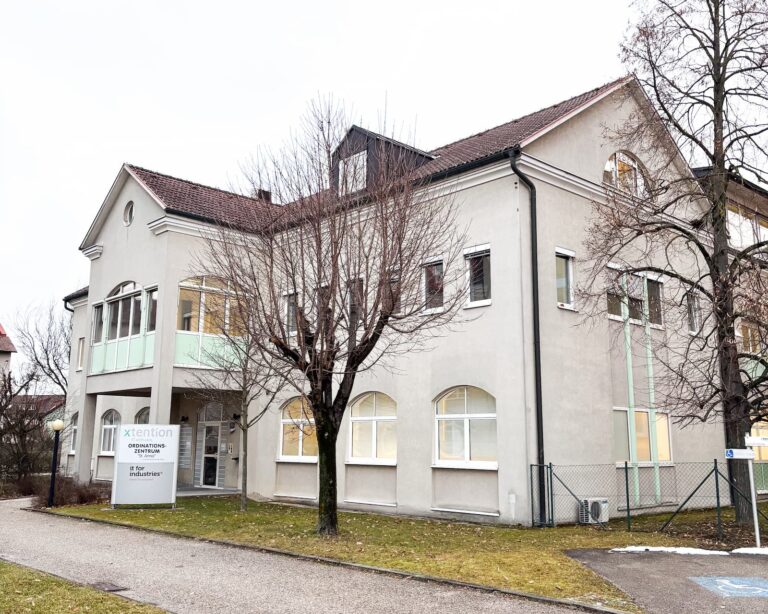Speech therapy is the specialist discipline that deals with the prevention, diagnosis and treatment of speech, language, voice and swallowing disorders. It is aimed at people of all ages who are limited in their ability to communicate – whether due to developmental delays, accidents, illnesses or age-related changes.
What is speech therapy?
Speech therapy covers a wide range of treatment fields, including:
- Speech disorders: Difficulties in understanding and forming words and sentences.
- Speech disorders: Problems with articulation and fluency of speech, such as stuttering or lisping.
- Voice disorders: Changes in voice quality, such as hoarseness or voicelessness.
- Swallowing disorders: Impairment of swallowing that makes eating and drinking difficult.
Who is speech therapy suitable for?
Speech therapy is relevant for people of all ages. In children, therapy supports speech development, while in adults it can help after a stroke, with neurological disorders or vocal problems. Seniors also benefit from speech therapy, for example in the treatment of swallowing disorders or dementia.
Aims of speech therapy
The main aim of speech therapy is to improve communication skills and therefore quality of life. This is achieved through individually adapted exercises, targeted training and intensive counseling. In addition to direct therapy work, the tasks of speech therapy also include guiding relatives to support the success of the therapy.










